Description
Levofloxacin: A Powerful Antibiotic with Important Considerations
Levofloxacin is a powerful antibiotic belonging to the fluoroquinolone class of drugs. Prescribed to treat a variety of bacterial infections, it works by inhibiting bacterial DNA gyrase and topoisomerase IV, enzymes essential for bacterial DNA replication, transcription, repair, and recombination. This ultimately leads to bacterial cell death.
What Infections Does Levofloxacin Treat?
Levofloxacin is effective against a wide range of bacteria, making it a valuable tool in treating various infections. Common uses include:
- Respiratory Tract Infections: Pneumonia, bronchitis, and sinusitis.
- Urinary Tract Infections (UTIs): Cystitis, pyelonephritis, and prostatitis.
- Skin and Soft Tissue Infections: Cellulitis, abscesses, and wound infections.
- Intra-abdominal Infections: Infections within the abdominal cavity.
- Prostate Infections (Prostatitis): Inflammation of the prostate gland.
How is Levofloxacin Administered?
Levofloxacin is available in oral form (tablets and solution) and as an intravenous (IV) solution. The dosage and duration of treatment will depend on the type and severity of the infection, as well as the patient’s kidney function. It is crucial to follow the doctor’s instructions precisely and complete the entire course of antibiotics, even if you start feeling better before the medication is finished. Stopping treatment prematurely can lead to antibiotic resistance and recurrence of the infection.
Potential Side Effects and Risks:
While effective, levofloxacin, like all medications, carries potential side effects. Common side effects include:
- Nausea, Vomiting, and Diarrhea: These gastrointestinal issues are relatively common.
- Headache and Dizziness: Some individuals may experience these neurological effects.
- Photosensitivity: Increased sensitivity to sunlight, making you more prone to sunburn.
More serious, though less frequent, side effects can occur, including:
- Tendonitis and Tendon Rupture: This is a significant concern, particularly affecting the Achilles tendon. The risk is higher in older adults, those with kidney problems, and those taking corticosteroids.
- Peripheral Neuropathy: Nerve damage causing pain, numbness, tingling, or weakness. This can be irreversible in some cases.
- Central Nervous System Effects: Seizures, anxiety, confusion, hallucinations, and depression.
- Heart Problems: Abnormal heart rhythms (QT prolongation) and aortic aneurysms.
- Liver Damage: Although rare, liver problems can occur.
- Clostridium difficile-associated diarrhea (CDAD): This severe form of diarrhea can result from the antibiotic disrupting the gut flora.
Precautions and Warnings:
Before taking levofloxacin, it is important to inform your doctor about any existing medical conditions, allergies, and medications you are currently taking. Here are some specific considerations:
- Kidney Disease: Dosage adjustments are often necessary for patients with kidney problems.
- Diabetes: Levofloxacin can affect blood sugar levels, requiring close monitoring.
- Myasthenia Gravis: Levofloxacin can worsen muscle weakness in individuals with this condition.
- Pregnancy and Breastfeeding: Levofloxacin should generally be avoided during pregnancy and breastfeeding due to potential harm to the developing fetus or infant.
- Children and Adolescents: Levofloxacin is generally not recommended for use in children and adolescents under 18 years of age due to the risk of musculoskeletal problems.
The Importance of Judicious Antibiotic Use:
The overuse and misuse of antibiotics, including levofloxacin, contribute to the growing problem of antibiotic resistance. It is crucial to use antibiotics only when prescribed by a doctor for a confirmed bacterial infection. Viral infections, such as the common cold or flu, do not respond to antibiotics. Unnecessary antibiotic use can lead to bacteria becoming resistant to the medication, making infections harder to treat in the future.
Conclusion:
Levofloxacin is a powerful antibiotic that can effectively treat a variety of bacterial infections. However, it’s essential to be aware of its potential side effects and to use it responsibly under the guidance of a healthcare professional. Discuss your medical history and any concerns you have with your doctor to determine if levofloxacin is the right choice for you. By using antibiotics wisely, we can help preserve their effectiveness and protect public health.
Disclaimer: This article provides general information about levofloxacin and is not a substitute for professional medical advice. Always consult with your doctor or other qualified healthcare provider for diagnosis and treatment of any medical condition. Do not self-treat or make changes to your medication regimen without consulting your doctor.

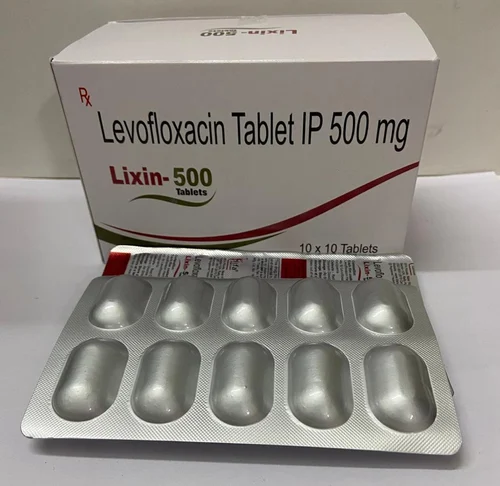

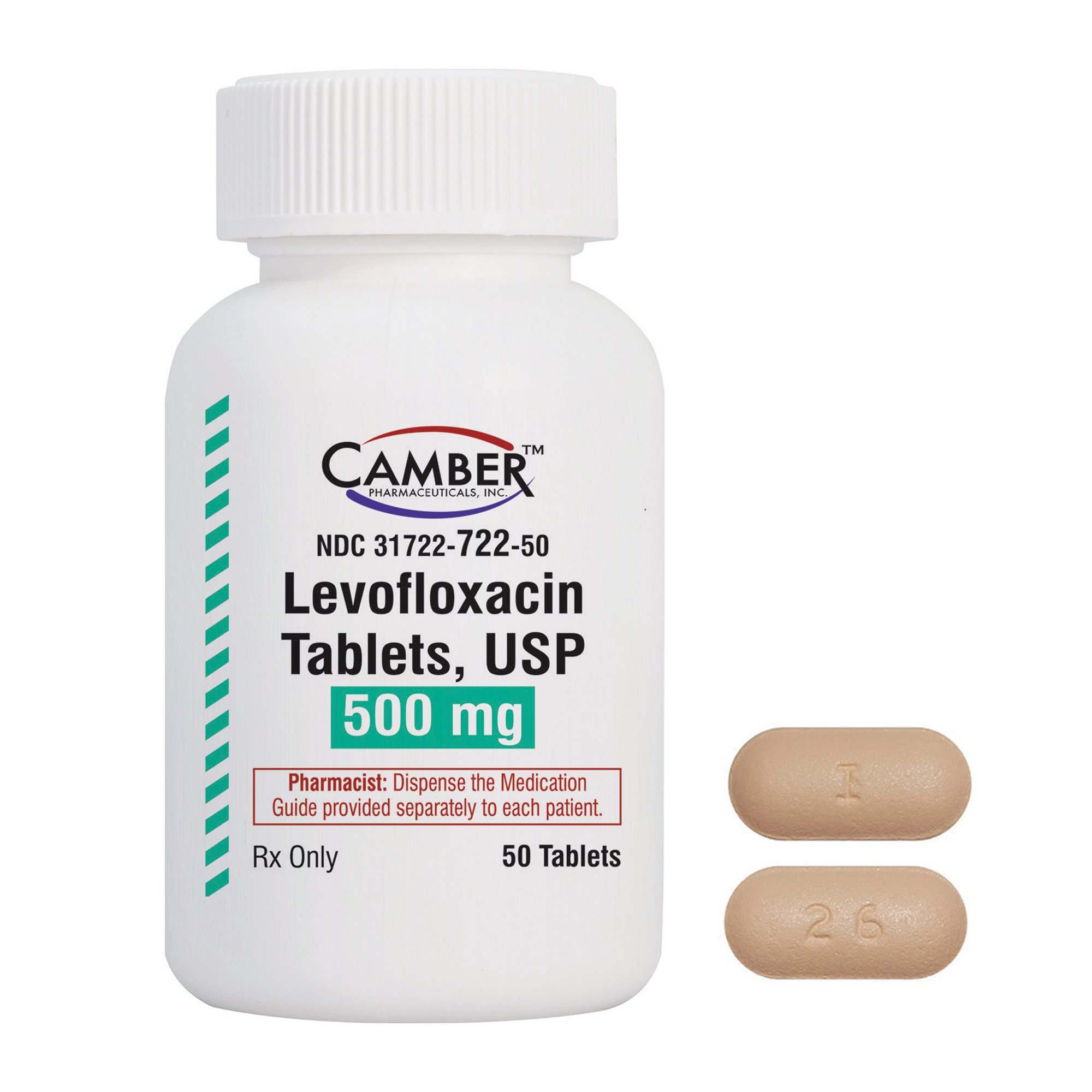

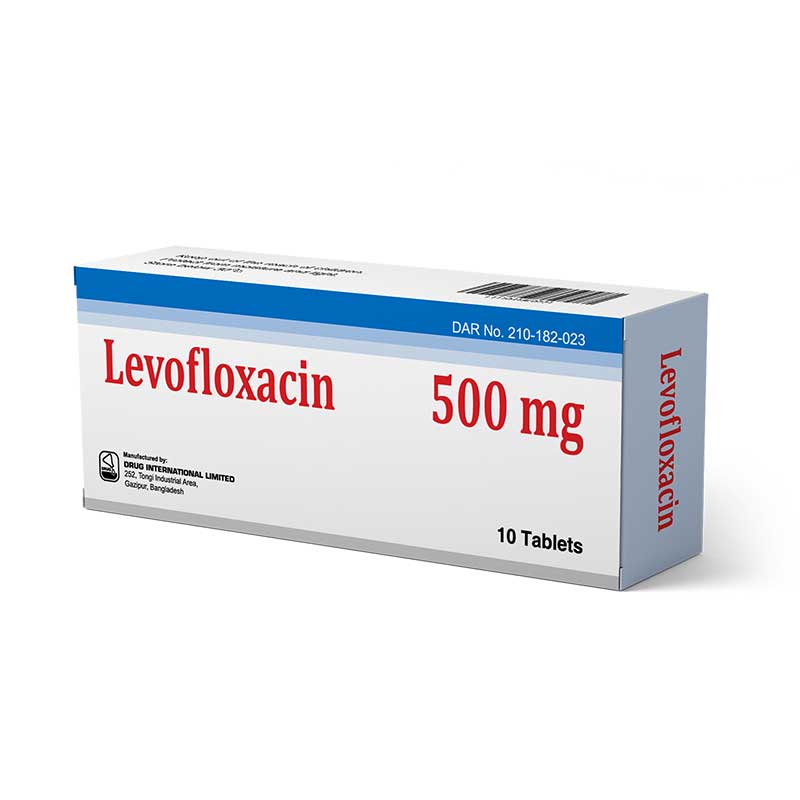
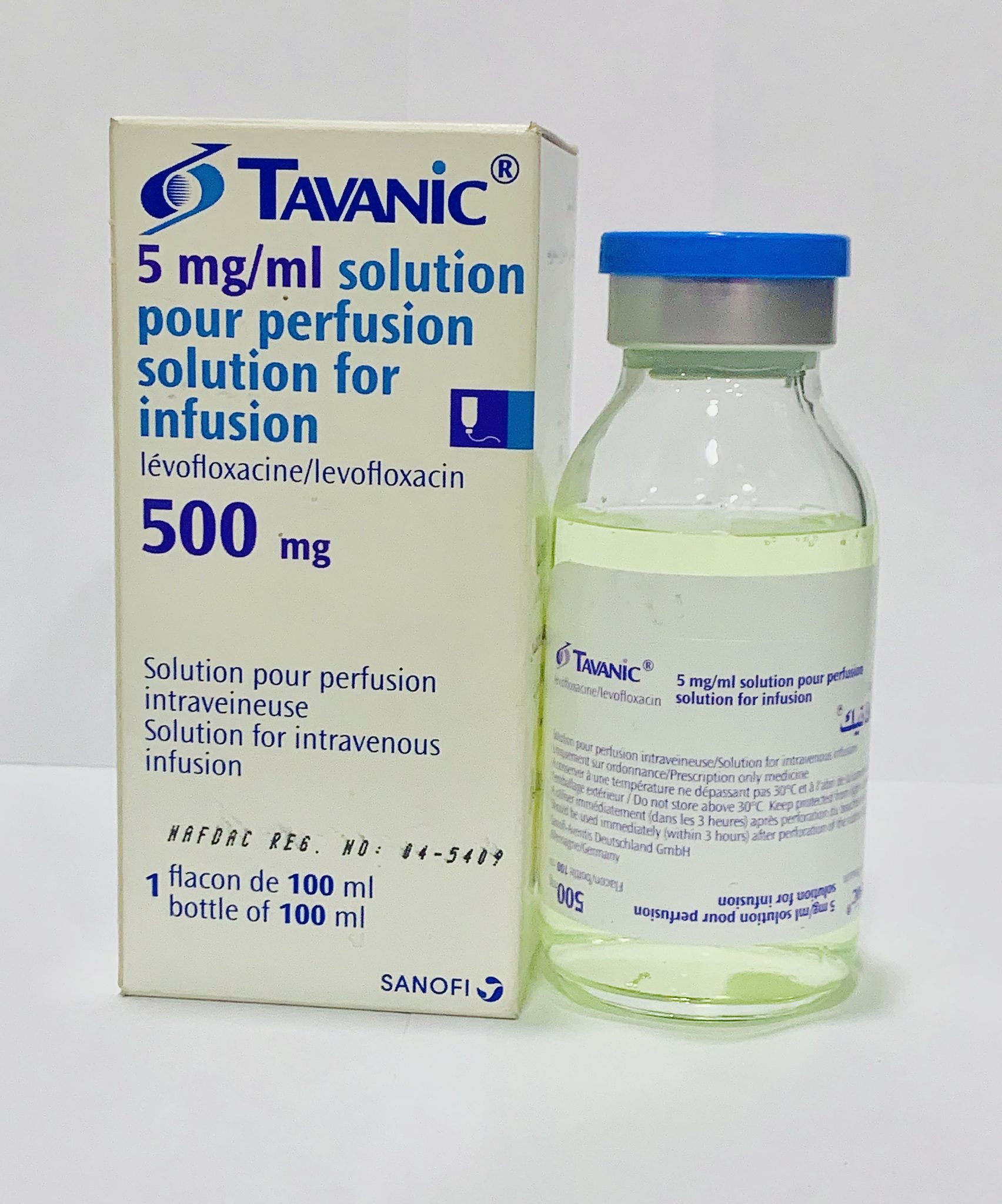

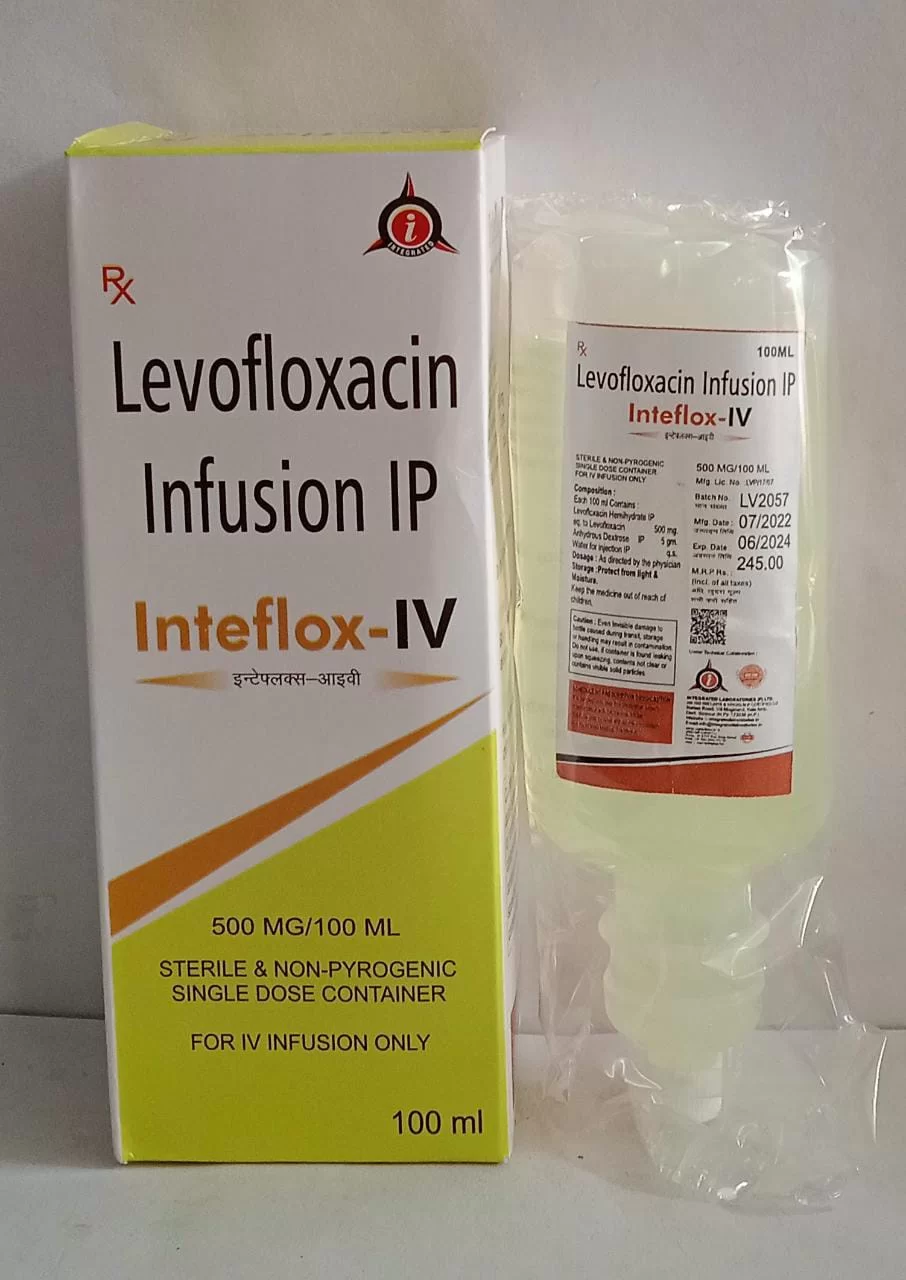

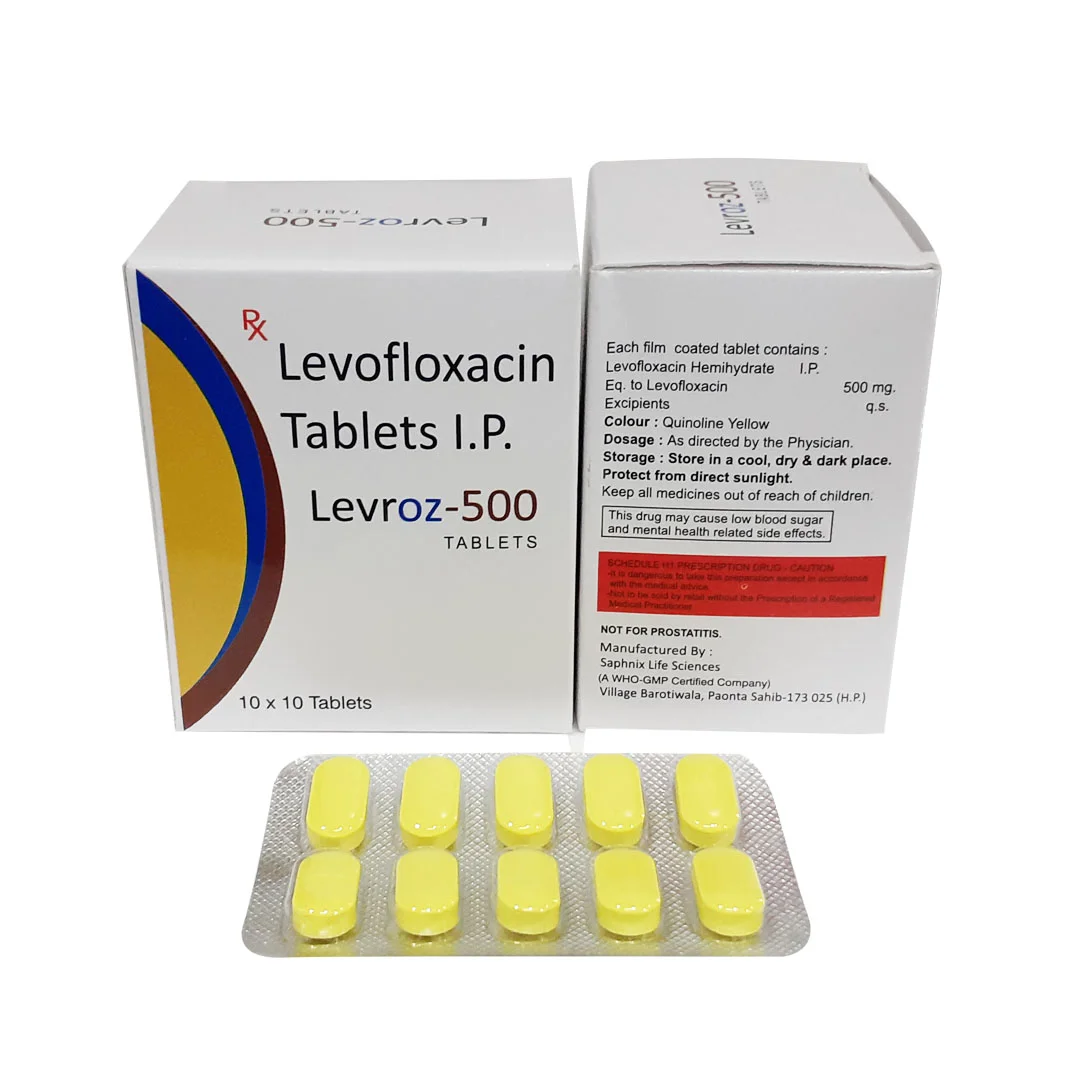
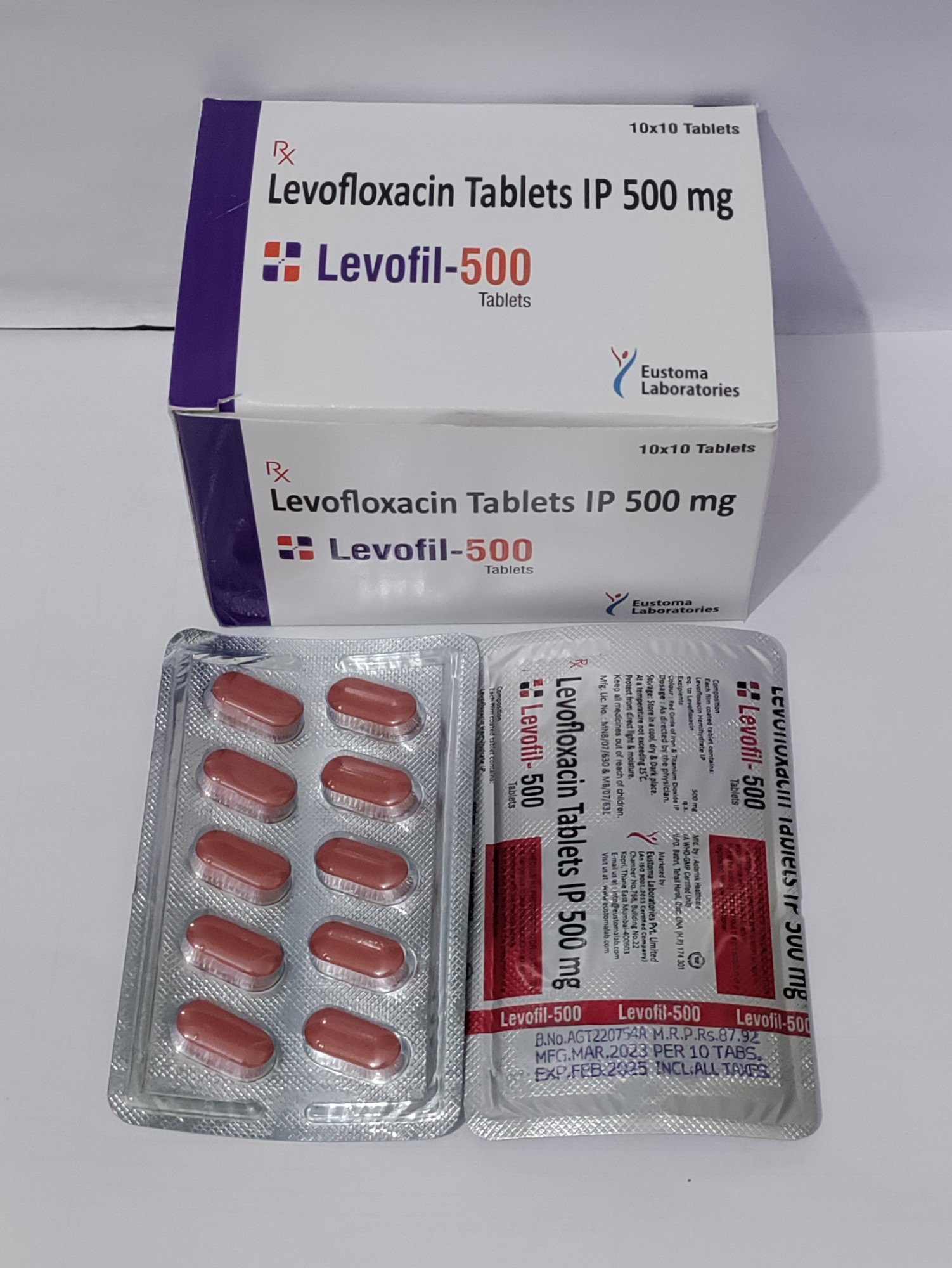
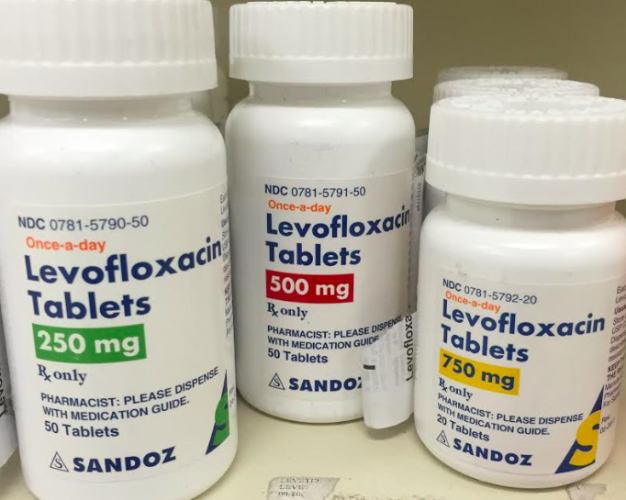





Reviews
There are no reviews yet.